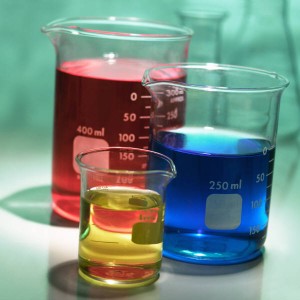 Recently, a customer asked if all our Pyrex® lab glassware was made of borosilicate glass. The reason for his concern was he had read an article in Popular Science that some Pyrex® glassware upon heating liquids too rapidly, can shatter and break.
Recently, a customer asked if all our Pyrex® lab glassware was made of borosilicate glass. The reason for his concern was he had read an article in Popular Science that some Pyrex® glassware upon heating liquids too rapidly, can shatter and break.
I am sure you have heard it may not be safe to boil water in the microwave due to this reason. The glass on the inside expands when it gets hot, putting stress on the cold glass on the outside (or vice versa). When the stress becomes too great – it cracks.
Pyrex®, which originally was always made of borosilicate glass, by Corning, solved the problem by adding boron to the silica (quartz), the main ingredient in all glass. Boron changes the atomic structure of glass so it stays roughly the same size regardless of its temperature. Little thermal expansion means little stress. Thus borosilicate glass withstands heat.
The majority of our lab glassware we offer at Nelson-Jameson is supplied by Corning (Pyrex®) or Kimble (Kimax®); therefore both Pyrex® and Kimax® are made of heat resistant, borosilicate glass. You can rest assured that if you see Pyrex® or Kimax® on beakers, flasks, funnels, graduated cylinders, culture and centrifuge tubes they are heat resistant and safe. Anytime you see borosilicate glass on any other of our glass products, they, too, are safe for high heat applications.
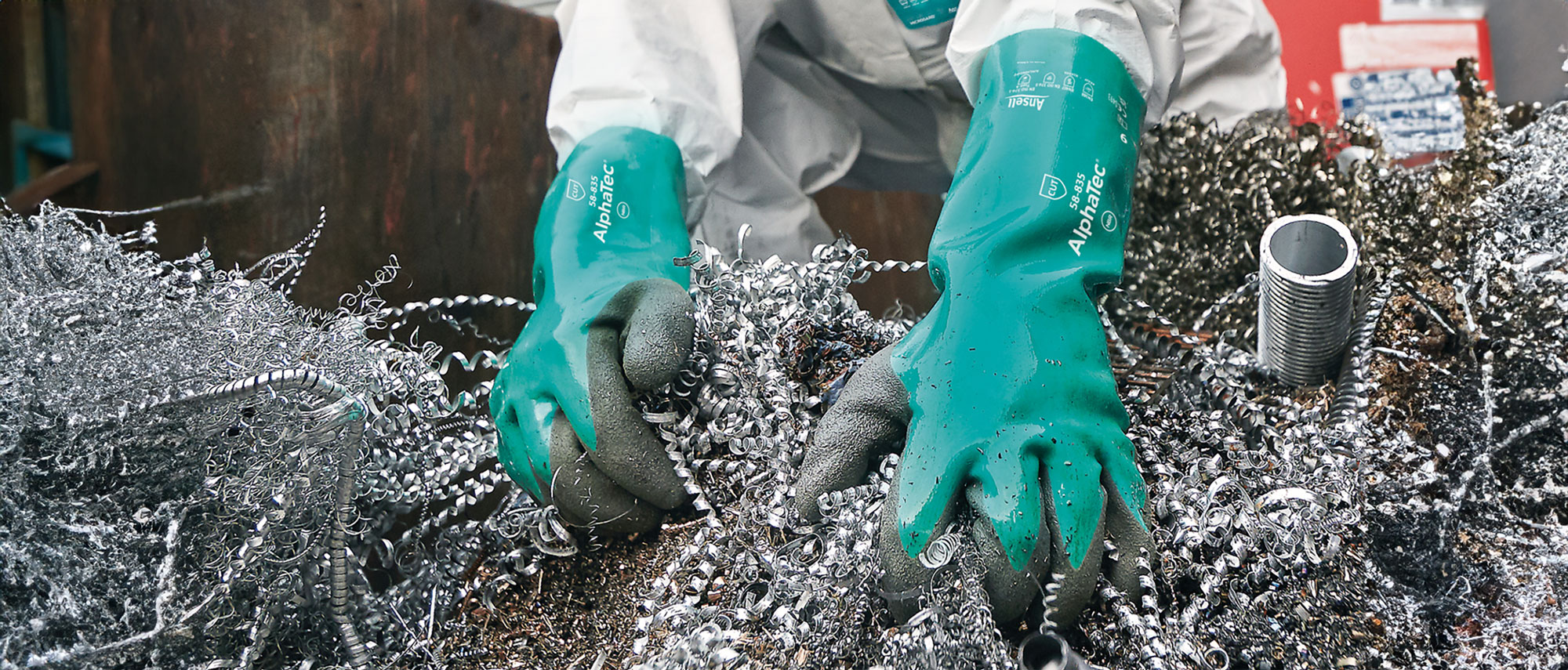
January 12, 2026
Gloves can force a choice between comfort and protection. But compliance, efficiency in usage, and worke...
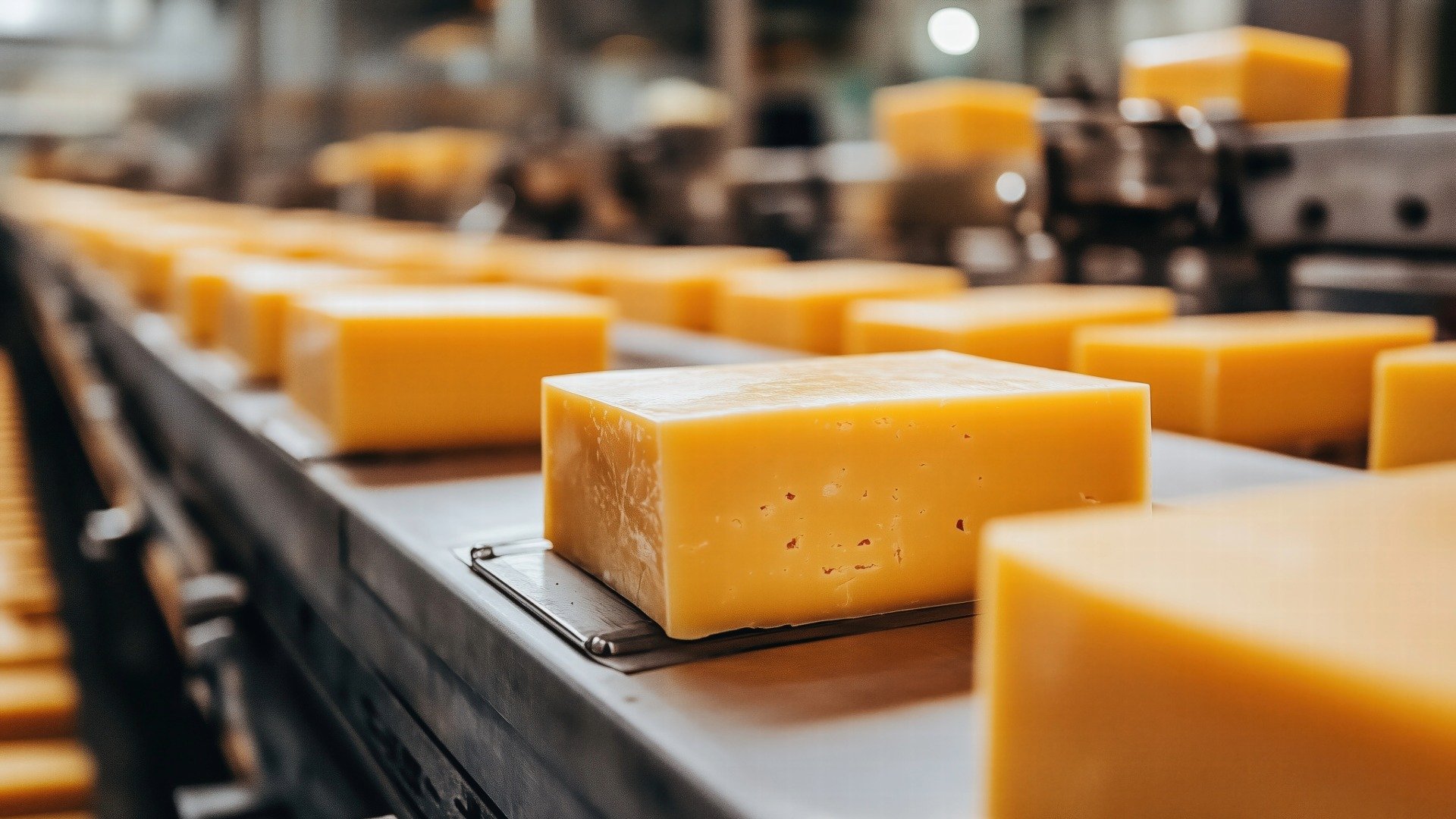
January 2, 2026
From regulatory updates to evolving needs for operational efficiency, food processors spent 2025 adaptin...
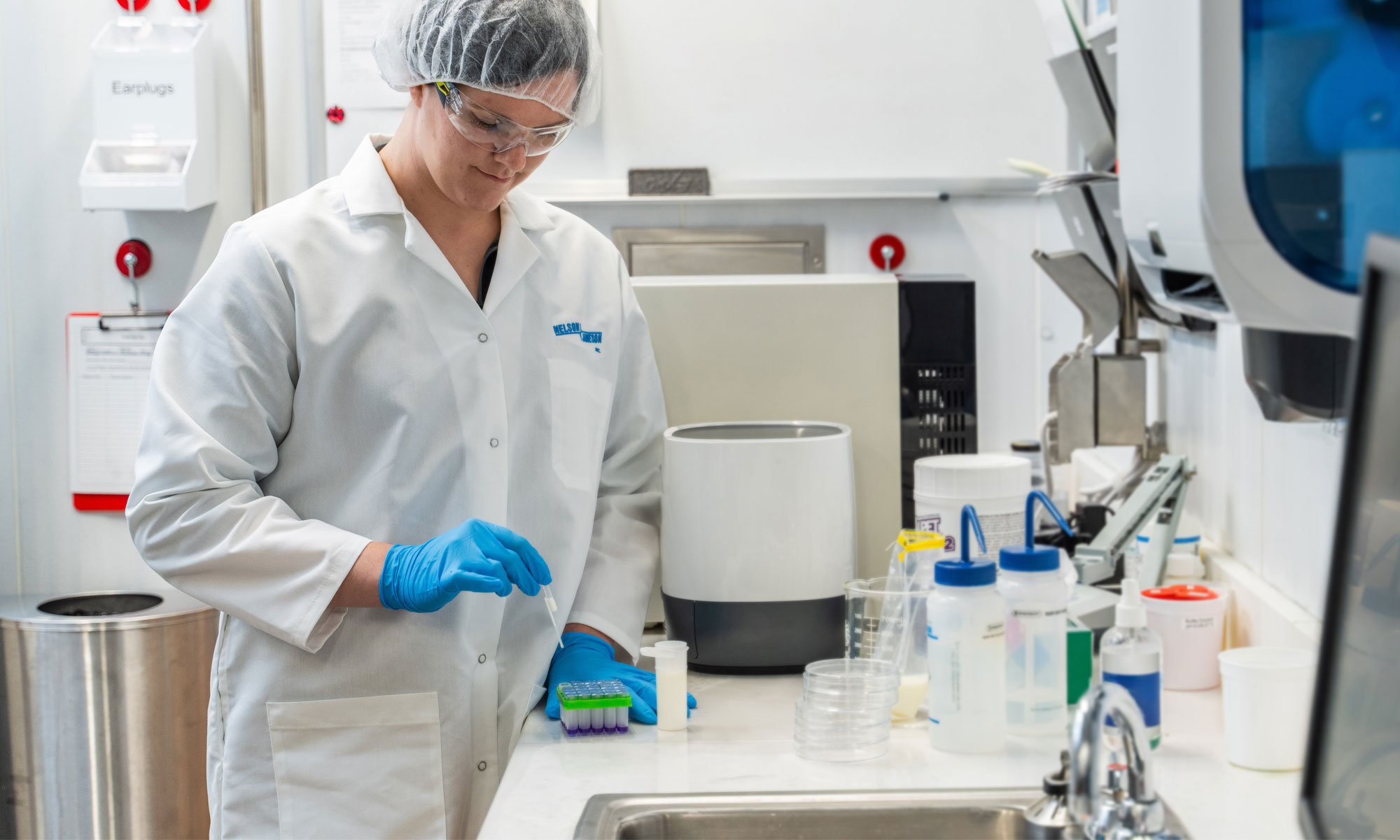
January 1, 2026
Listeria, a bacterium responsible for listeriosis, presents a significant concern due to its relatively ...
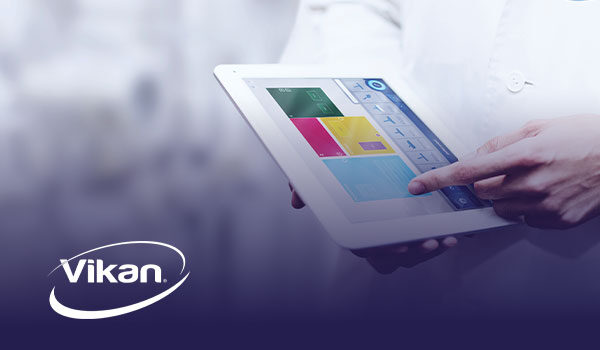
Recognize and address possible hygiene and sanitation challenges based on the cleaning and material handling equipment available in your facility.
Through a discovery call, virtual, or on-site assessment, Vikan SQF Practitioner certified specialists will assist in confirming that your system and cleaning tool inventory aligns with your risk management objectives while pinpointing any missing tools and enhancing maintenance and usage practices. Evaluate whether your existing tools are utilized in the most effective manner, or determine if a more suitable tool exists for the task at hand. Ensure that your tools comply with all relevant standards and regulatory requirements. Site evaluations encompass a summary survey, an overview of the location, a color-coded factory layout plan, product suggestions, a recommended order form, and a proposal for a follow-up survey.
Food Safety, Sanitation, Cleaning Tools, Color Coding
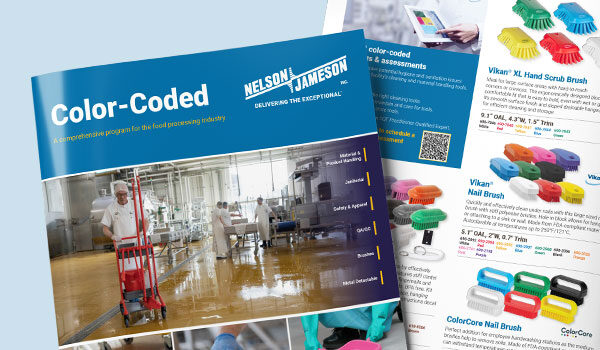
This is a comprehensive program for the food processing industry. Nelson-Jameson brings together the most extensive collection of color-coded products for material handling, product handling, janitorial, safety, apparel, QA/QC, and metal-detectable applications. With the right pieces, a color-coding system is a powerful tool in preventing cross-contamination of allergens and food-borne illnesses that can lead to sickness or expensive product recalls.

Food Safety, Sanitation, Cleaning Tools, Color Coding

Food Safety
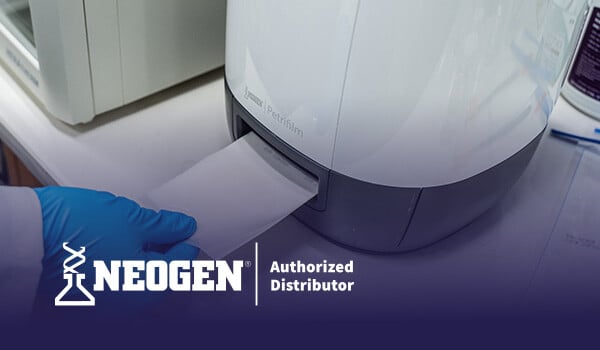
Get Petrifilm Certified through our complimentary immersive workshop for managers, personnel, and teams. The workshop offers practical knowledge through hands-on training and networking with industry professionals and experts. Attendees gain an in-depth understanding of Petrifilm technology and valuable insights into effective environmental monitoring practices. Participants leave with a certification and a wealth of resources that can significantly contribute to elevating their plant's quality control standards.
Food Safety, Sanitation, Laboratory